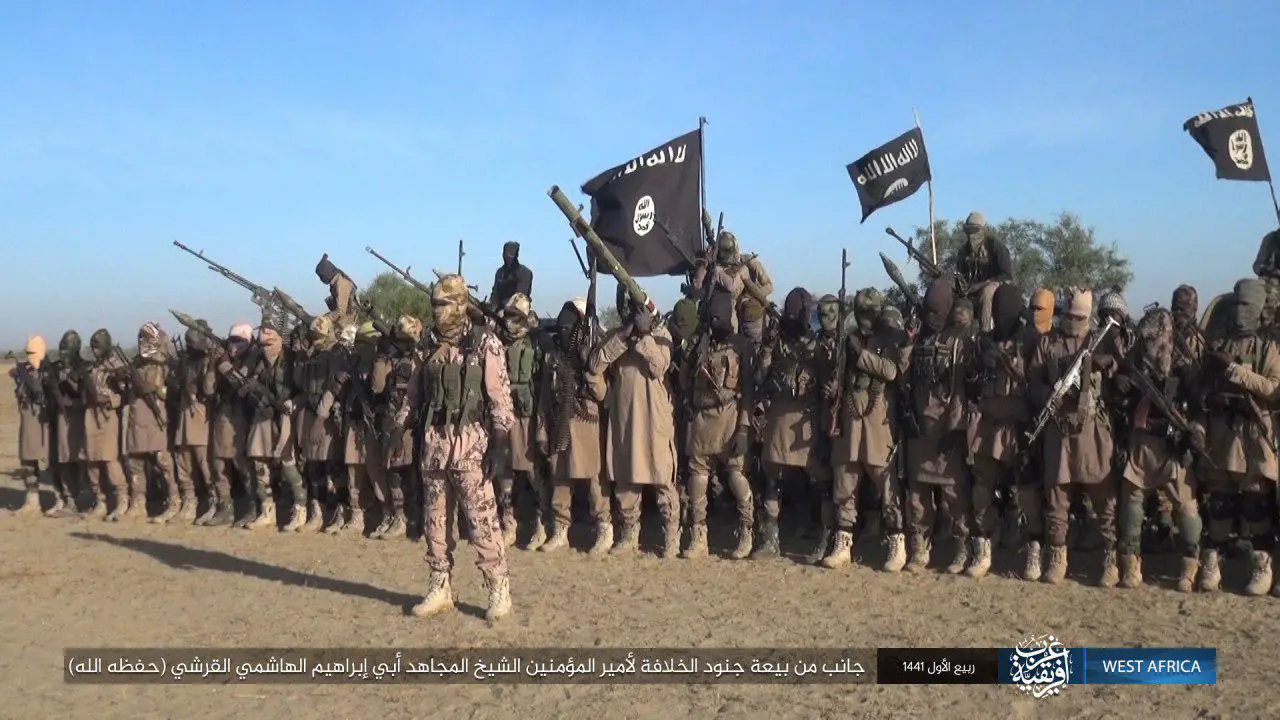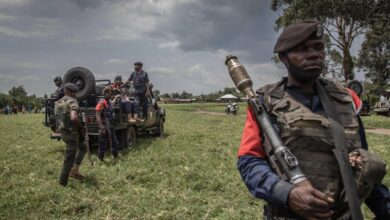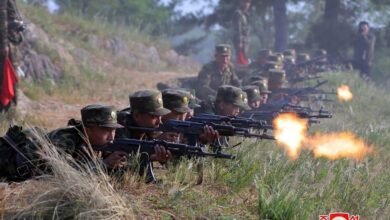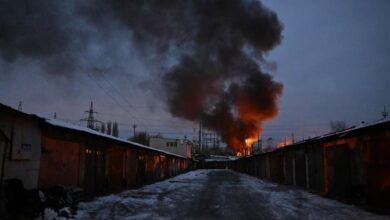Jihadists have attacked a convoy of a regional governor in Nigeria’s restive northeast, just two days after a similar ambush targeting him left 30 dead, two security sources said Monday.
Fighters from the Islamic State West Africa Province (ISWAP) — a splinter group of the Boko Haram jihadist group — on Sunday opened fire on the convoy of Borno state governor Babagana Umara Zulum near the town of Baga on the shores of Lake Chad, they said.
Zulum was returning from Baga where he had accompanied hundreds of residents who returned to the town they fled in 2014 following deadly jihadist attacks, the sources said.
“The convoy came under attack just 10 kilometers from Baga and security personnel returned fire, forcing the terrorists to flee,” a security source in the convoy told AFP. “It was a brief encounter and only one soldier was hit by a bullet on the shoulder but several vehicles were damaged,” said the source, declining to be identified.
The convoy reached the regional capital Maiduguri on Sunday evening, with vehicles pockmarked by bullets and shattered windshields.
We arrived #Maiduguri safely with @ProfZulum. Thank you the people of #Maiduguri for a warm reception. Your Governor will not let you down and #peace is a gradual process, this is just the beginning Insha Allah. pic.twitter.com/9WMa0yHIfM
— Barr. M. A. Busuguma (@babanteema) September 27, 2020
On Friday, Zulum’s convoy came under fire by machine guns and rocket-propelled grenades near a military base outside Baga.
That attack left 30 dead, including a dozen policemen, five soldiers, four militiamen, and nine civilians, according to security sources.
ISWAP maintains most of its camps on islands inside Lake Chad and the region is known as the group’s bastion.
The militant group has recently intensified attacks on military and civilian targets in the region.
In July, Zulum’s convoy came under gun attack from ISWAP outside Baga, forcing him to cancel his trip to the town.
The Boko Haram conflict has killed 36,000 people since 2009 with around two million displaced from their homes.
Most of the displaced were forced into squalid camps where they depend on food handouts from international charities.
Local authorities have been encouraging the displaced to return to their homes despite concerns from aid agencies about their safety.
Zulum said last week that feeding the displaced was not financially sustainable, insisting the only option was for them to return and rebuild their homes in order to live a “dignified” life.












